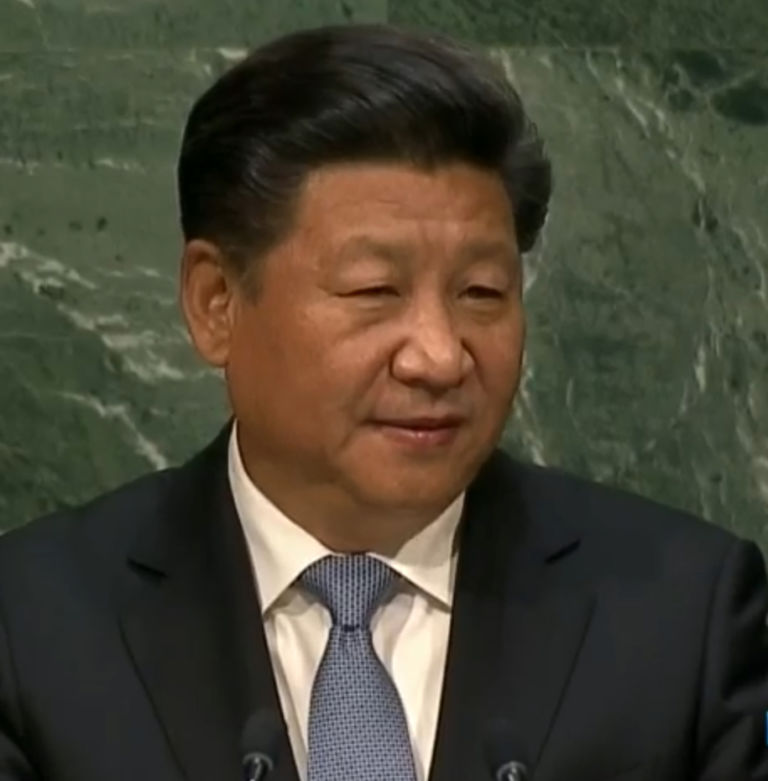Rich Lowry explains at National Review Online why no one should mistake President Trump’s recent actions as signals that he’s a closet neoconservative.
With U.S. missiles flying in Syria, the “mother of all bombs” exploding in Afghanistan, and an aircraft-carrier strike group heading toward North Korea, has there been a revolution in President Trump’s foreign policy?
His most fervent supporters shouldn’t get overly exercised and his interventionist critics shouldn’t get too excited. What has been on offer so far is broadly consistent with the Jacksonian worldview that is the core of Trump’s posture toward the world.
Trump’s views are obviously inchoate. He has an attitude rather than a doctrine, and upon leaving office, he surely won’t, like Richard Nixon, write a series of books on international affairs.
What we have learned since he took office is that Trump is not an isolationist. At times, he’s sounded like one. His America First slogan (inadvertently) harkened back to the movement to keep us out of World War II. His outlandish questioning of the NATO alliance, an anchor of the West, created the sense that he might be willing to overturn the foundations of the post–World War II order.
This hasn’t come to pass. It’s not possible to be a truly isolationist president of the United States in the 21st century unless you want to spend all your time unspooling U.S. commitments and managing the resulting disruption and crises. And such an approach would undercut the most consistent element of Trump’s approach — namely strength.


